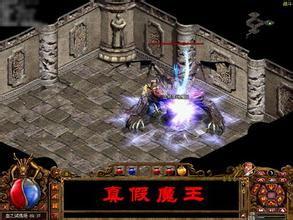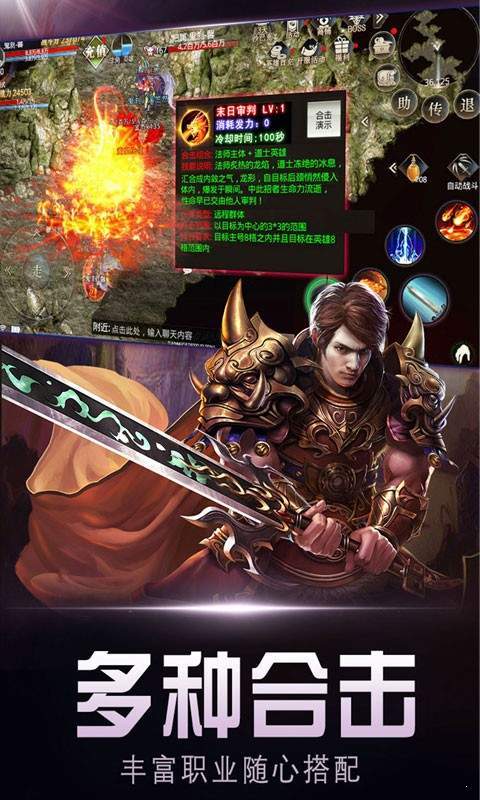sfchuanqi: Exploring the Significance of Chinese Mythology and Culture
The term "sfchuanqi" encompasses a rich tapestry of Chinese mythology and cultural narratives that intertwine ancient tales with contemporary interpretations. "SFC" is often associated with a specific gaming culture or storyline in Chinese folklore, while "chuanqi" translates to "legend" or "myth." This combination hints at the growing interest in using these legendary themes within modern entertainment mediums, such as video games, literature, and films. By examining the roots of "sfchuanqi," we can understand how it relates to the present-day fascination with mythic storytelling and its implications in various fields like literature, gaming, and pop culture.
Understanding the Roots of SFChuanqi

The foundation of "sfchuanqi" is deeply embedded in the annals of Chinese cultural history, where legends have been passed down through generations. These myths often revolve around themes such as heroism, moral virtues, and supernatural phenomena. Central figures in Chinese mythology, such as the Monkey King from "Journey to the West," serve as archetypes that embody the characteristics admired in society, including resilience, ingenuity, and courage. In modern interpretations, these stories are woven into interactive formats, particularly in games that allow players to engage with these narratives and characters actively. The fusion of traditional myths with interactive entertainment expands the reach and relevance of ancient stories, making them accessible to younger generations who might not be exposed to these tales in their original forms.

Moreover, as socio-political landscapes shift, so do the ways in which these legends are portrayed. The rebirth of interest in traditional legends allows for a reinterpretation that resonates more closely with contemporary issues, providing audiences a new lens through which to view their cultural identity. Furthermore, technology has played a crucial role in revamping these stories. The integration of cutting-edge visuals in video games creates a dynamic way to experience these narratives, essential for capturing the attention of modern audiences. This adaptability of sfchuanqi ensures that the timeless themes remain relevant and engaging.
The Modern Interpretation of SFChuanqi in Media
Moreover, the cross-cultural appreciation of sfchuanqi has led to collaborations that combine Western and Eastern storytelling methodologies. This blending results in a richer tapestry of narratives that appeal to a global audience, fostering cultural appreciation while retaining authenticity. As creators draw inspiration from these legends, audiences are introduced to the complexities and nuances of Chinese mythology, all while enjoying innovative gameplay dynamics. With each retelling, sfchuanqi solidifies its place in the cultural consciousness of today, ensuring that these cherished tales continue to inspire generations to come.
To summarize, the significance of sfchuanqi lies in its capacity to adapt and thrive in a modern setting. By leveraging technology and interactive mediums, ancient myths find renewed life and relevance among contemporary audiences. The blend of cultural appreciation, educational value, and entertainment makes sfchuanqi a vital aspect of modern storytelling.
Q&A Section
Q: How do modern games incorporate traditional myths like sfchuanqi into their narratives?
A: Modern games leverage ancient myths by integrating them into interactive storylines where players can assume the roles of legendary figures. These games often highlight themes such as heroism and moral dilemmas, allowing players to engage deeply with cultural narratives while enjoying gameplay.
Q: Why is it important to keep myths like sfchuanqi alive in todays culture?
A: Keeping myths alive helps in preserving cultural heritage and promotes cross-cultural understanding. By reinterpreting these stories within modern contexts, audiences can connect with their roots while also appreciating the complexities of other cultures.

sfchuanqi: Exploring the Significance of Chinese Mythology and Culture:目前有0条评论